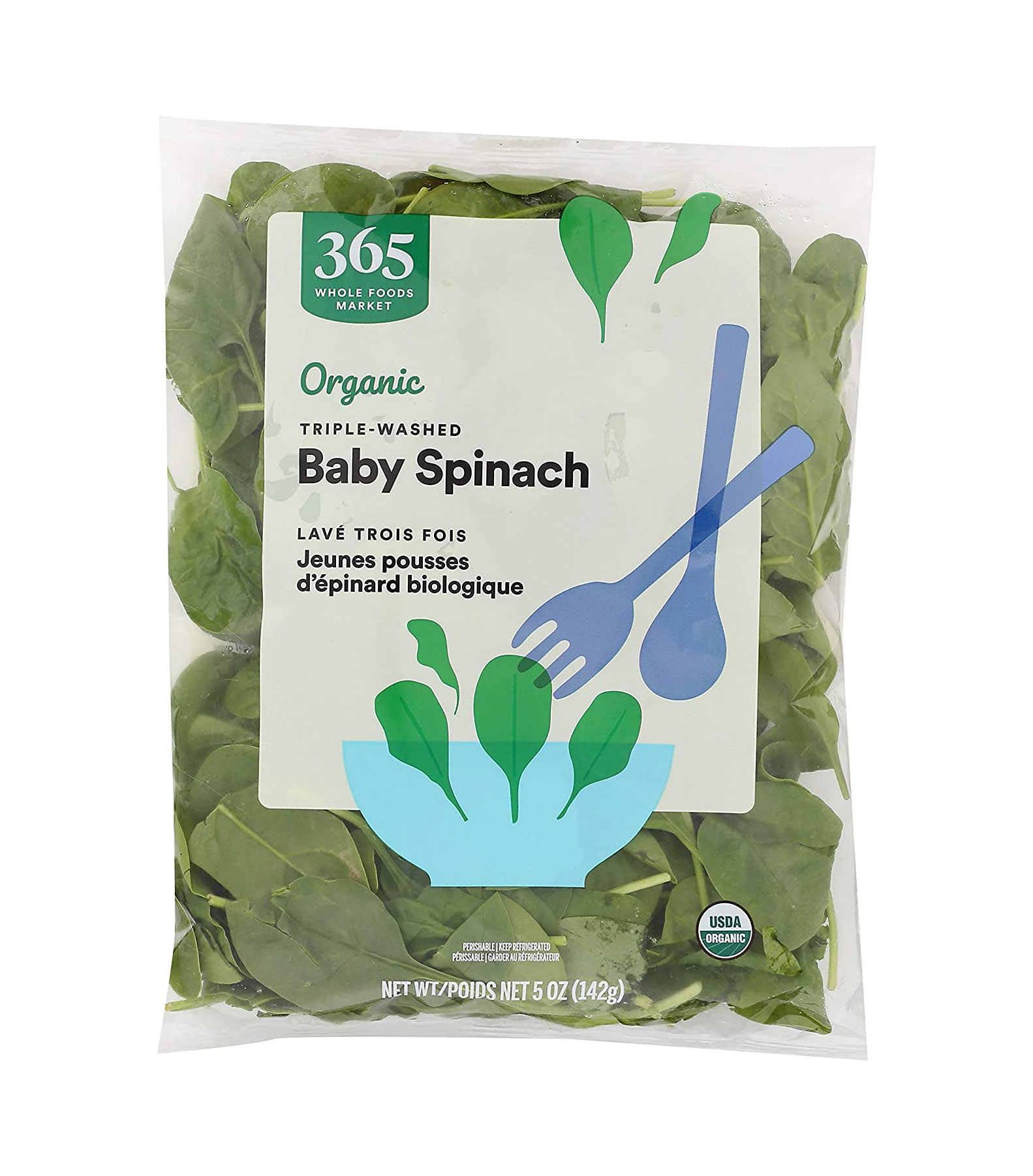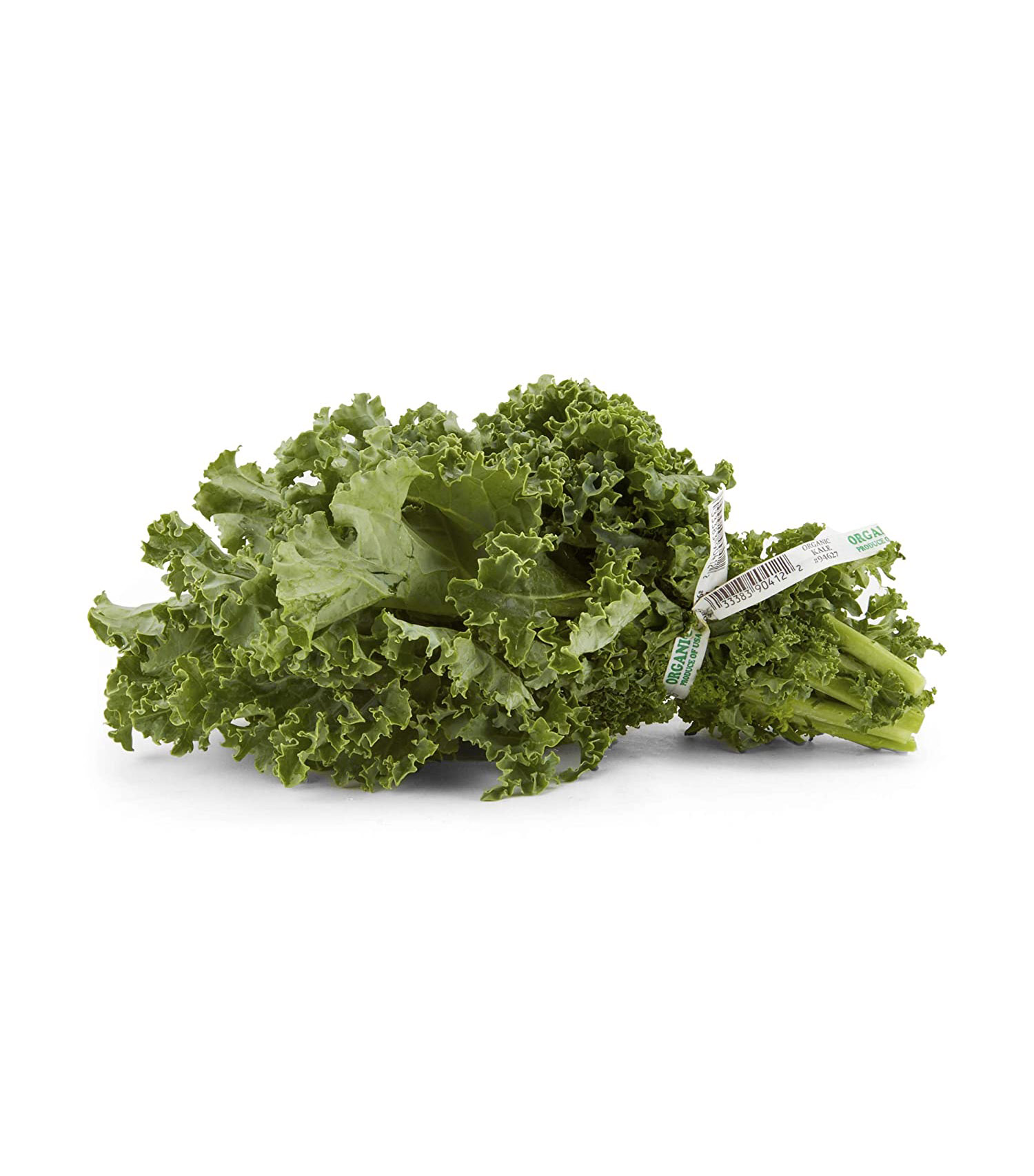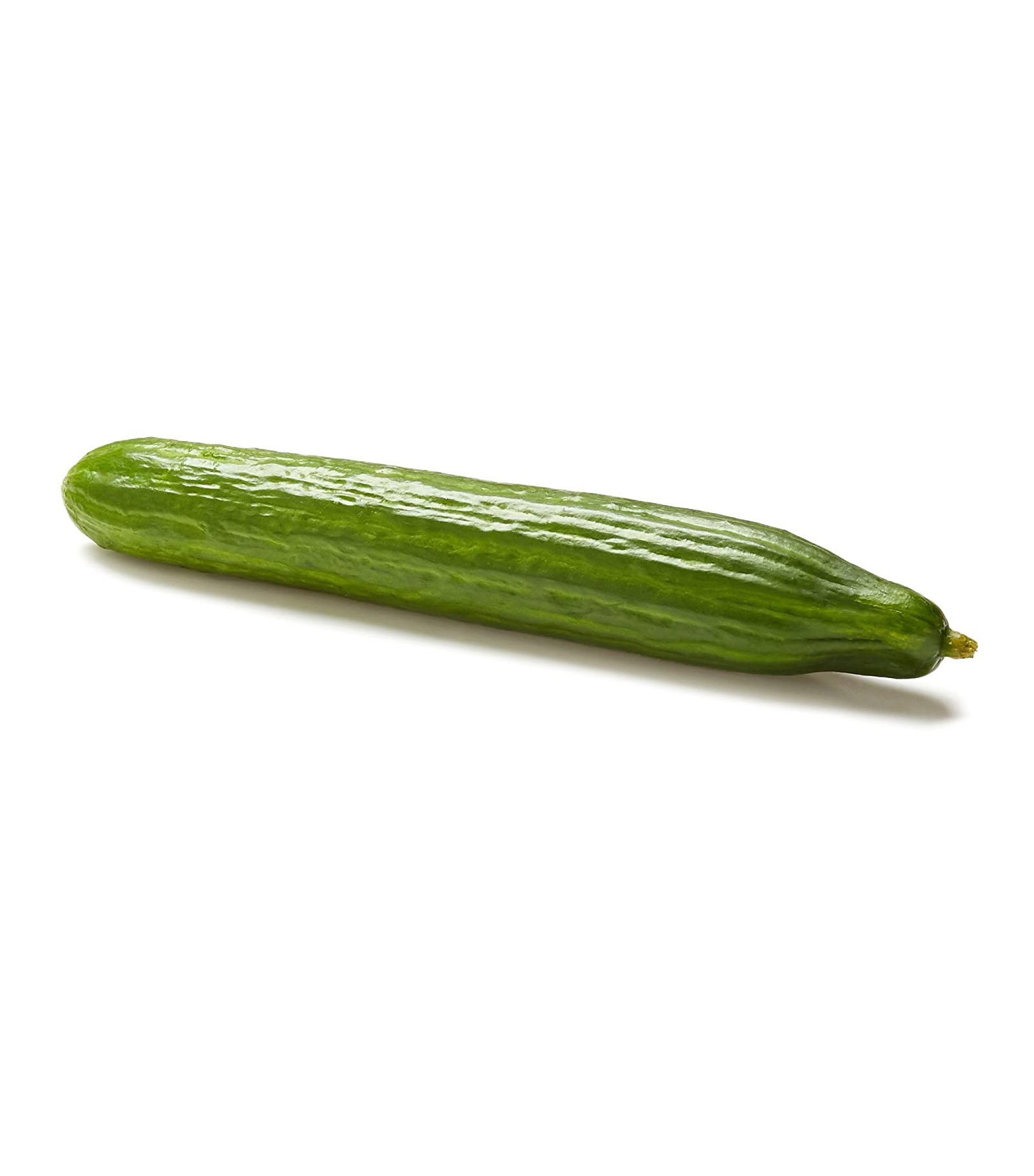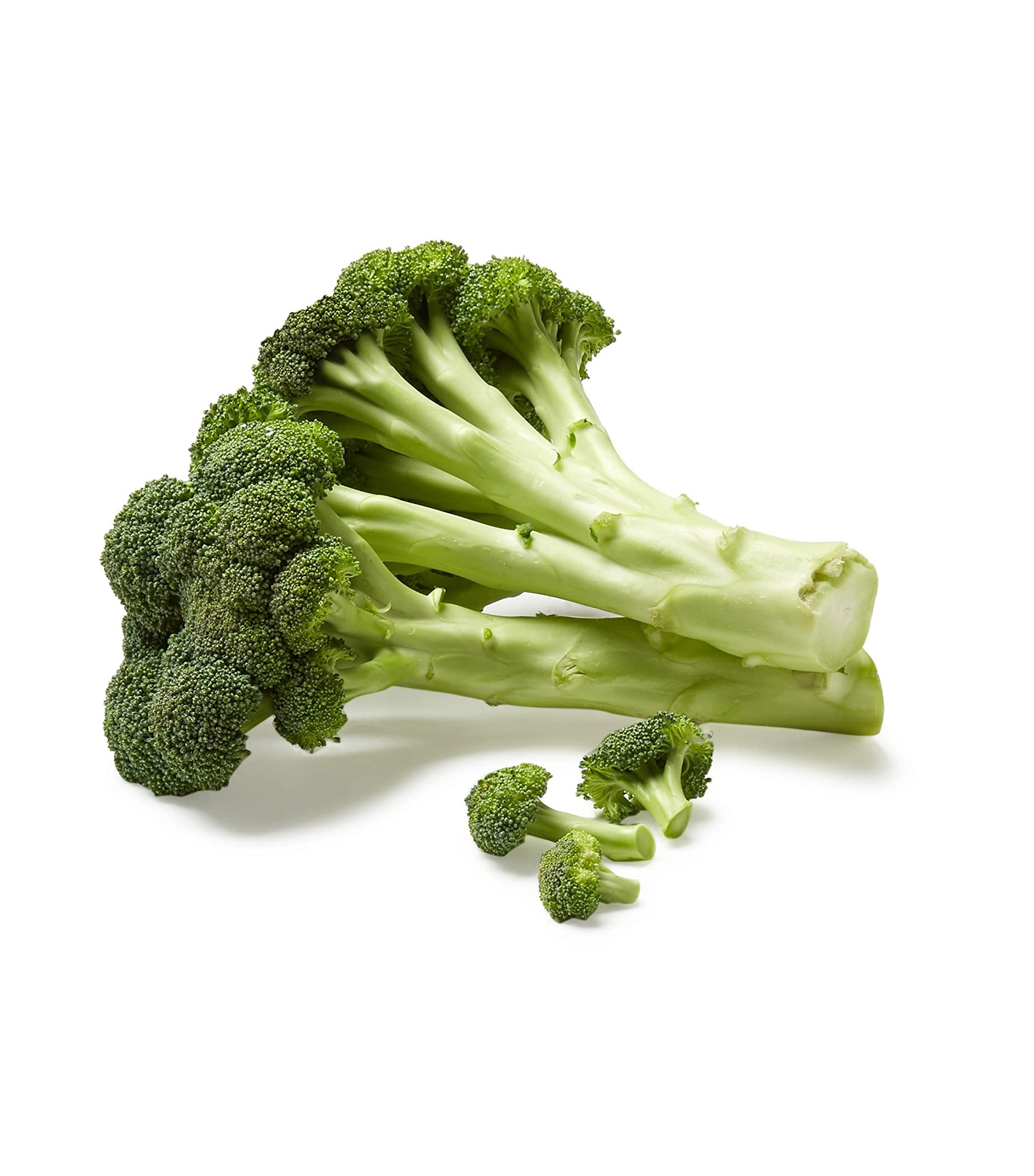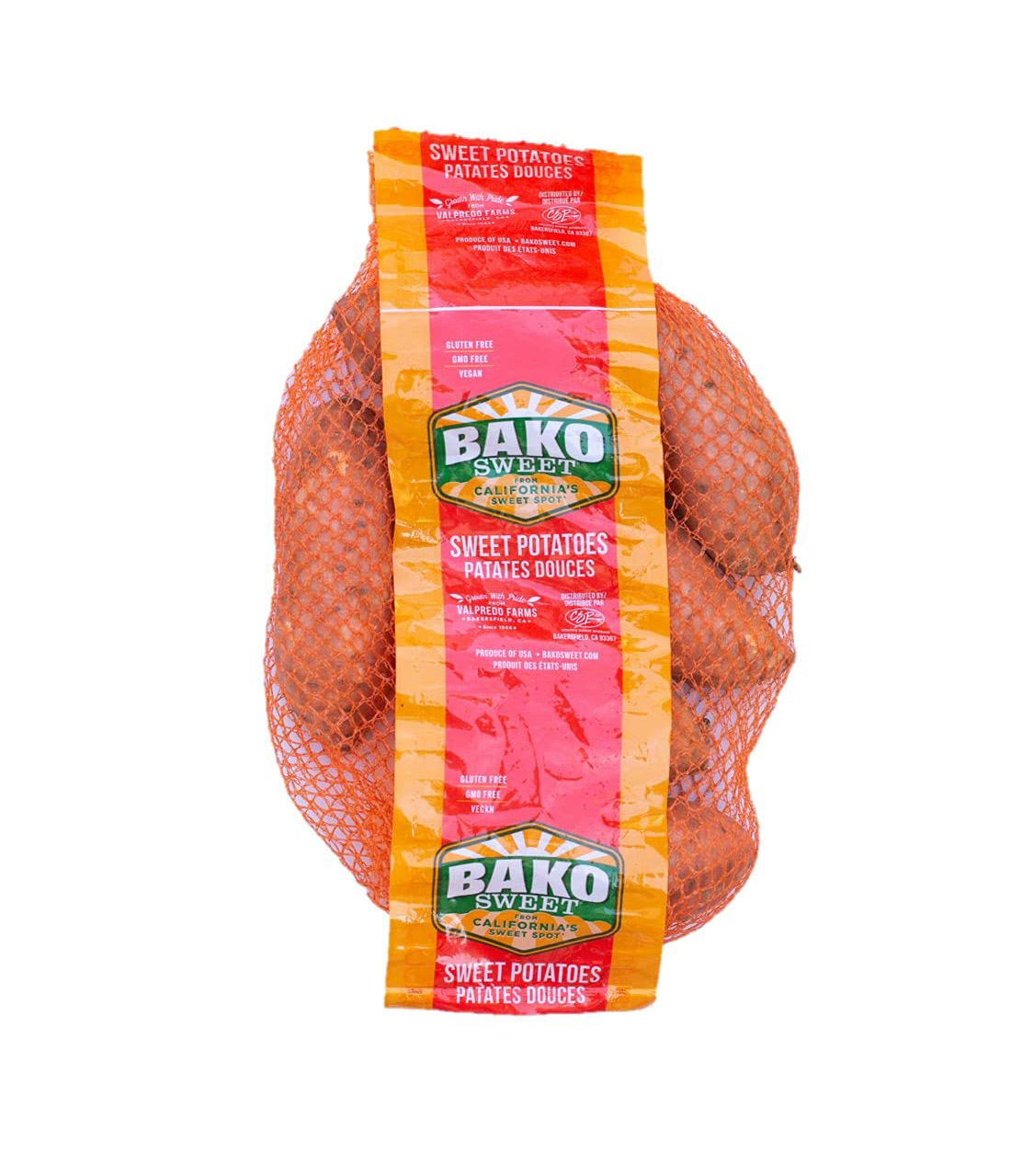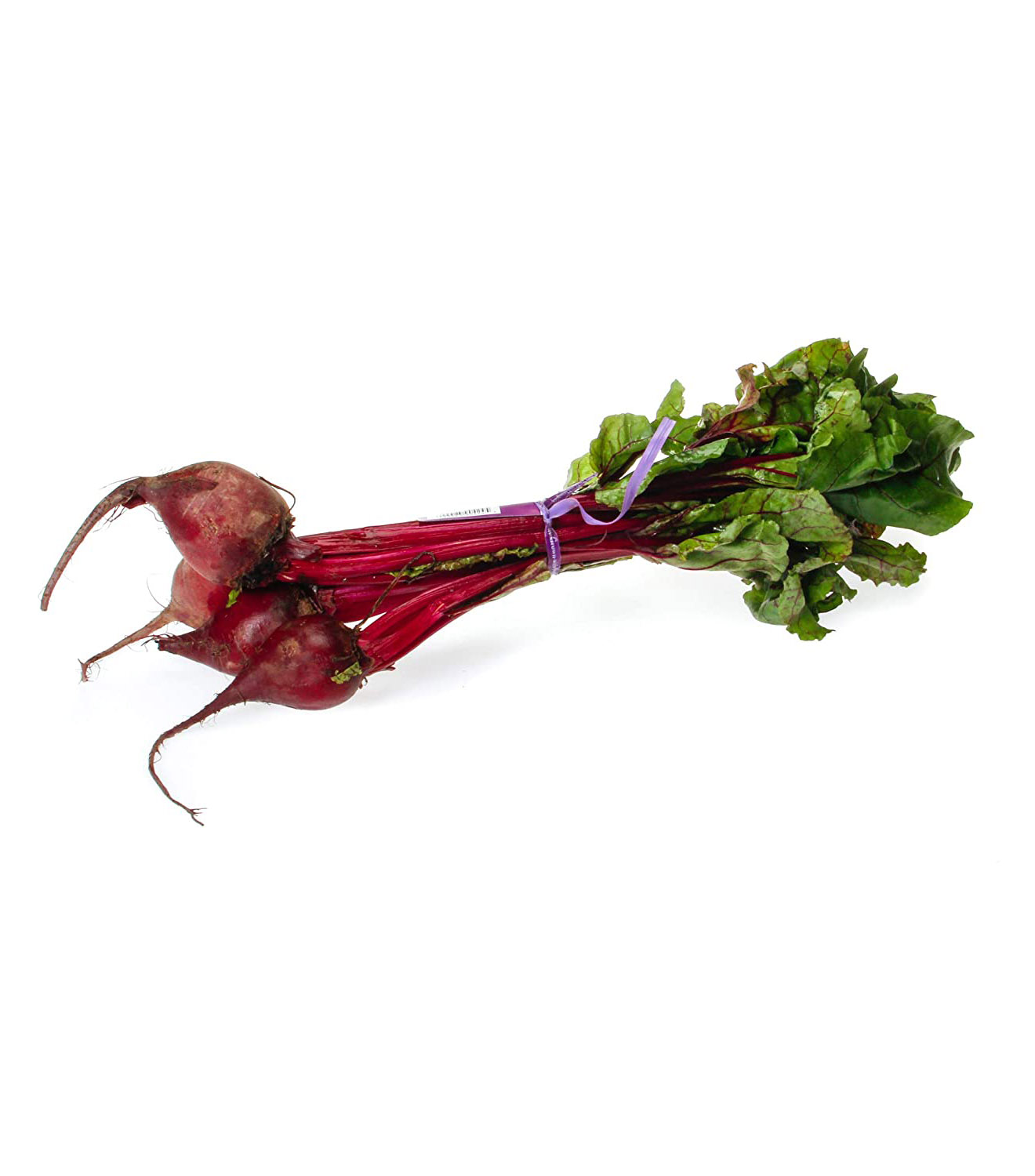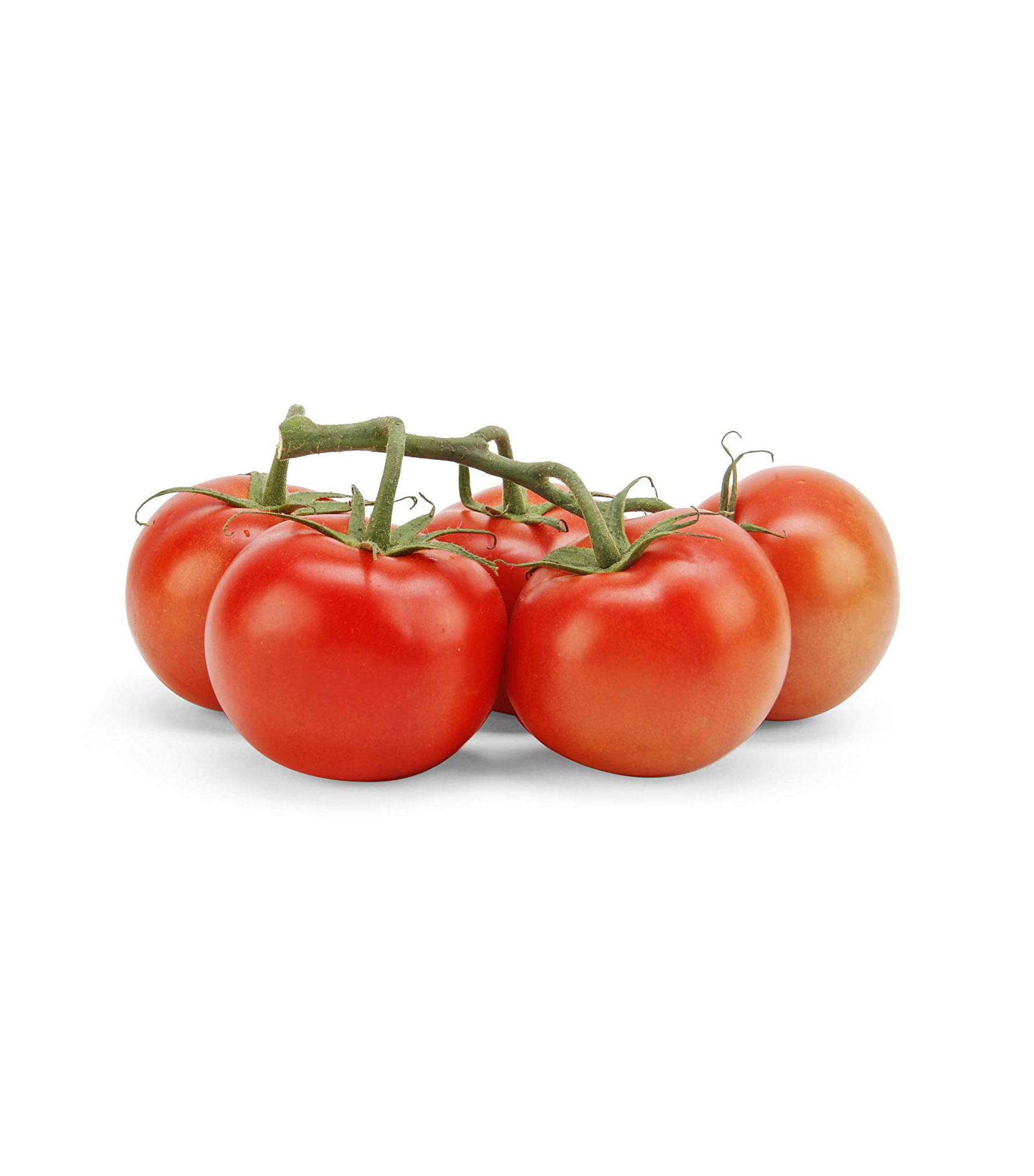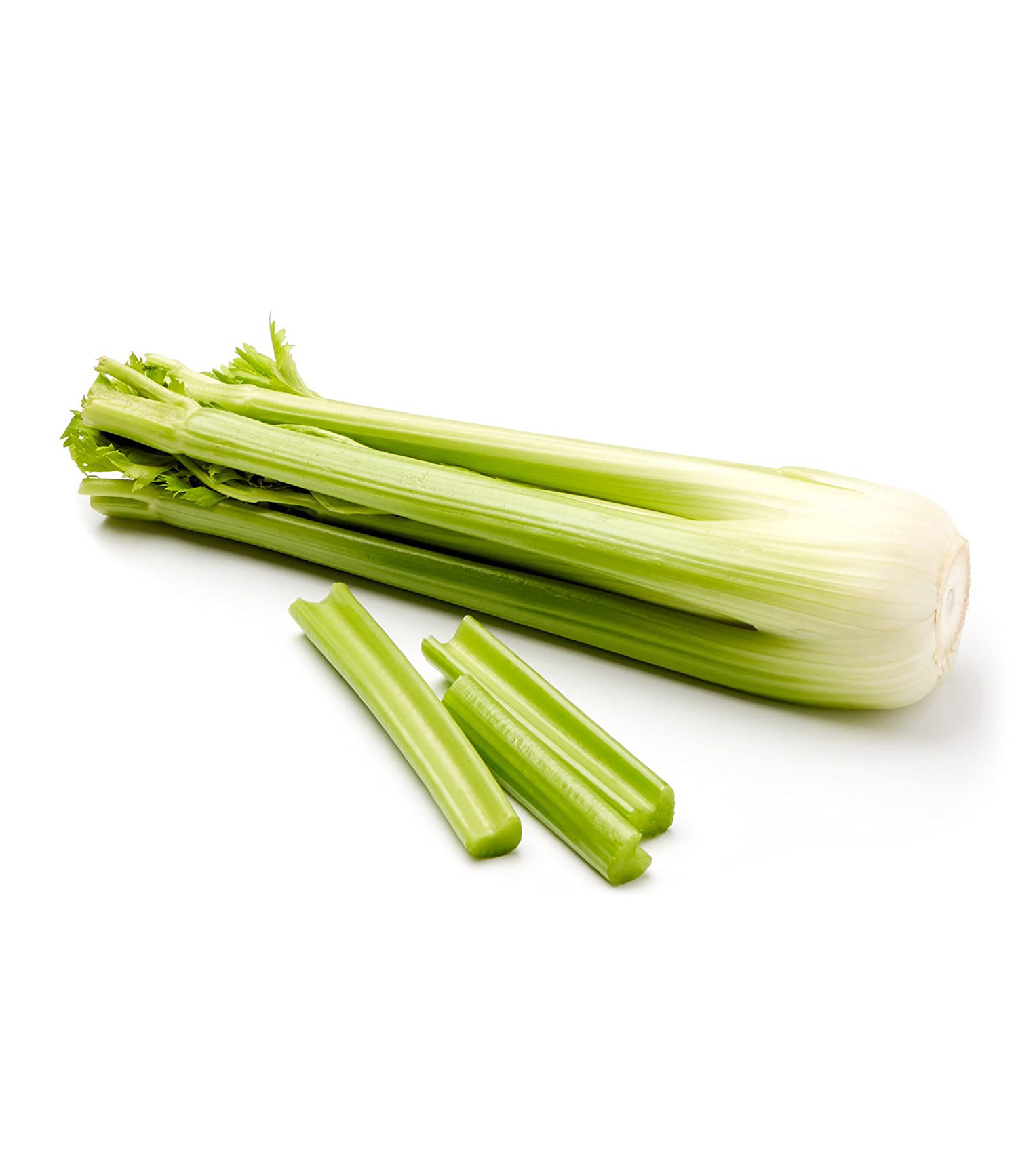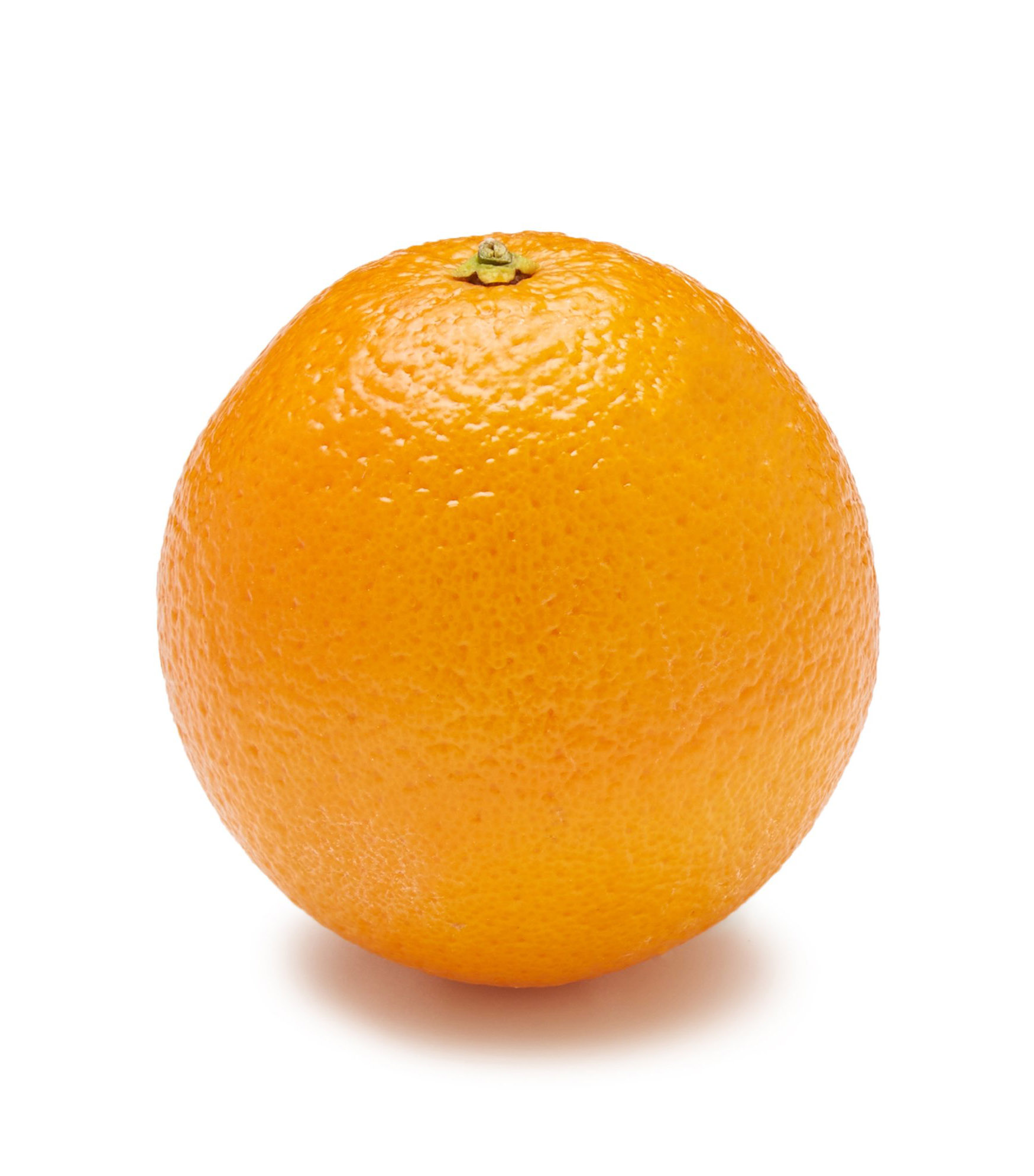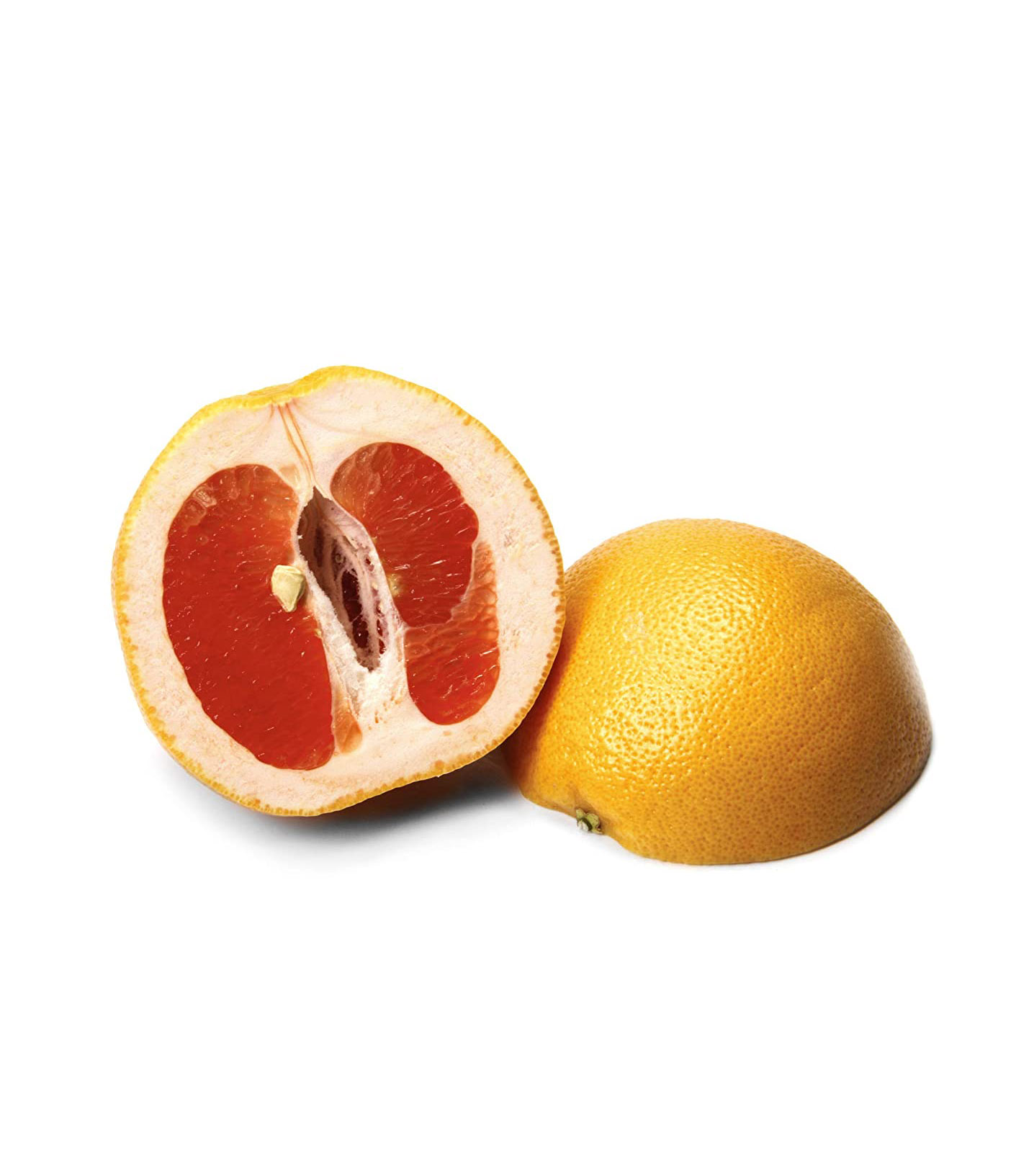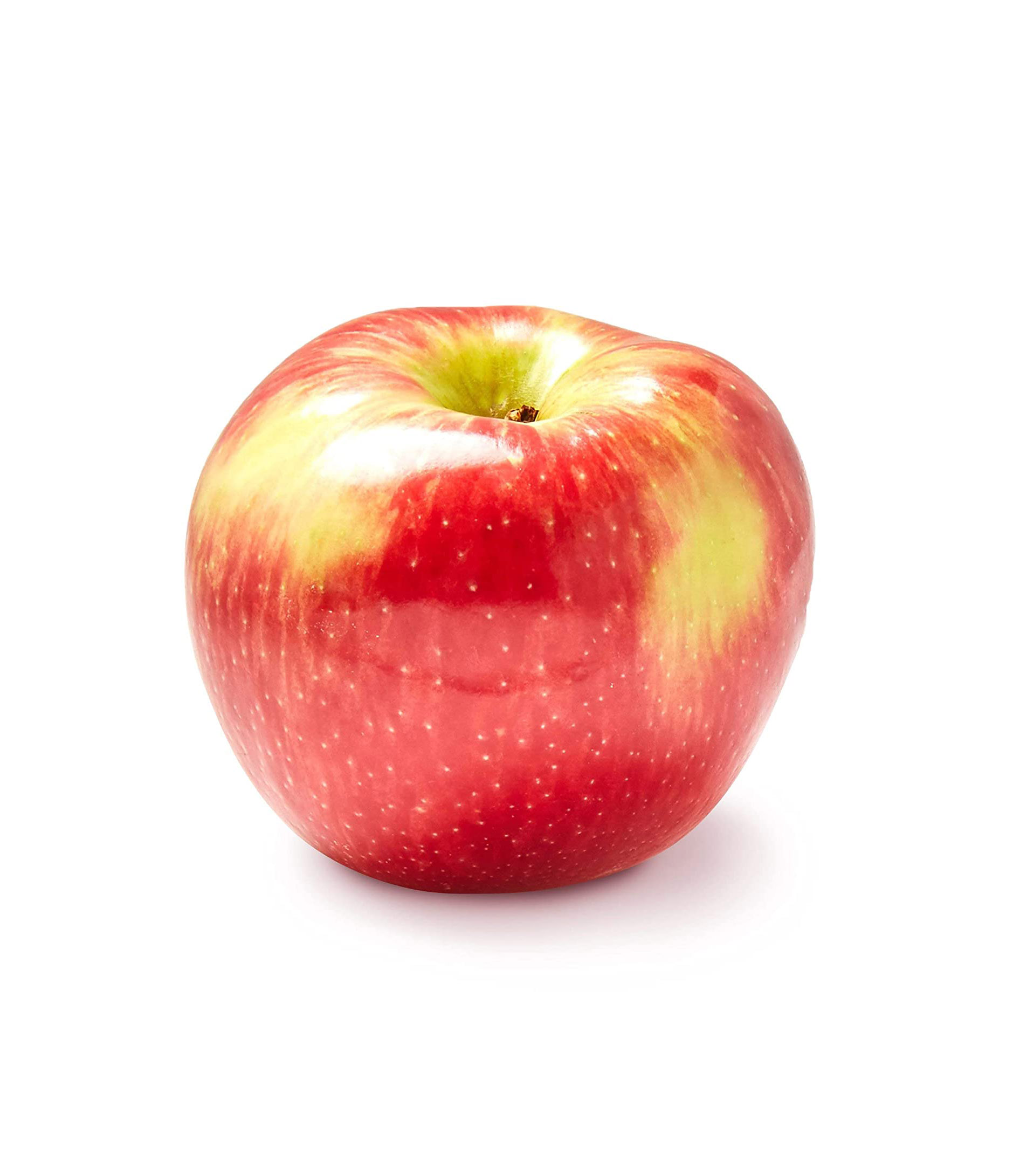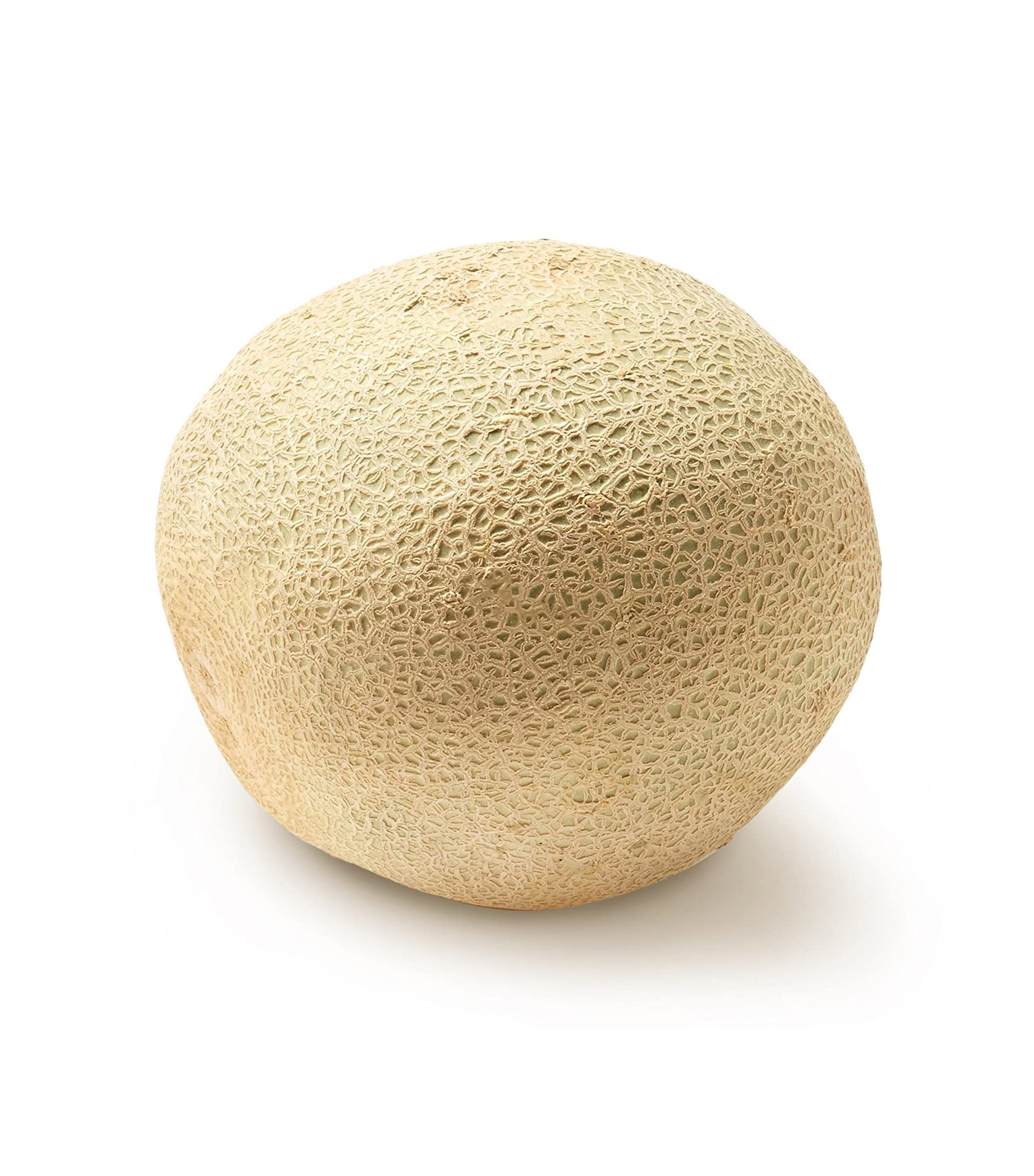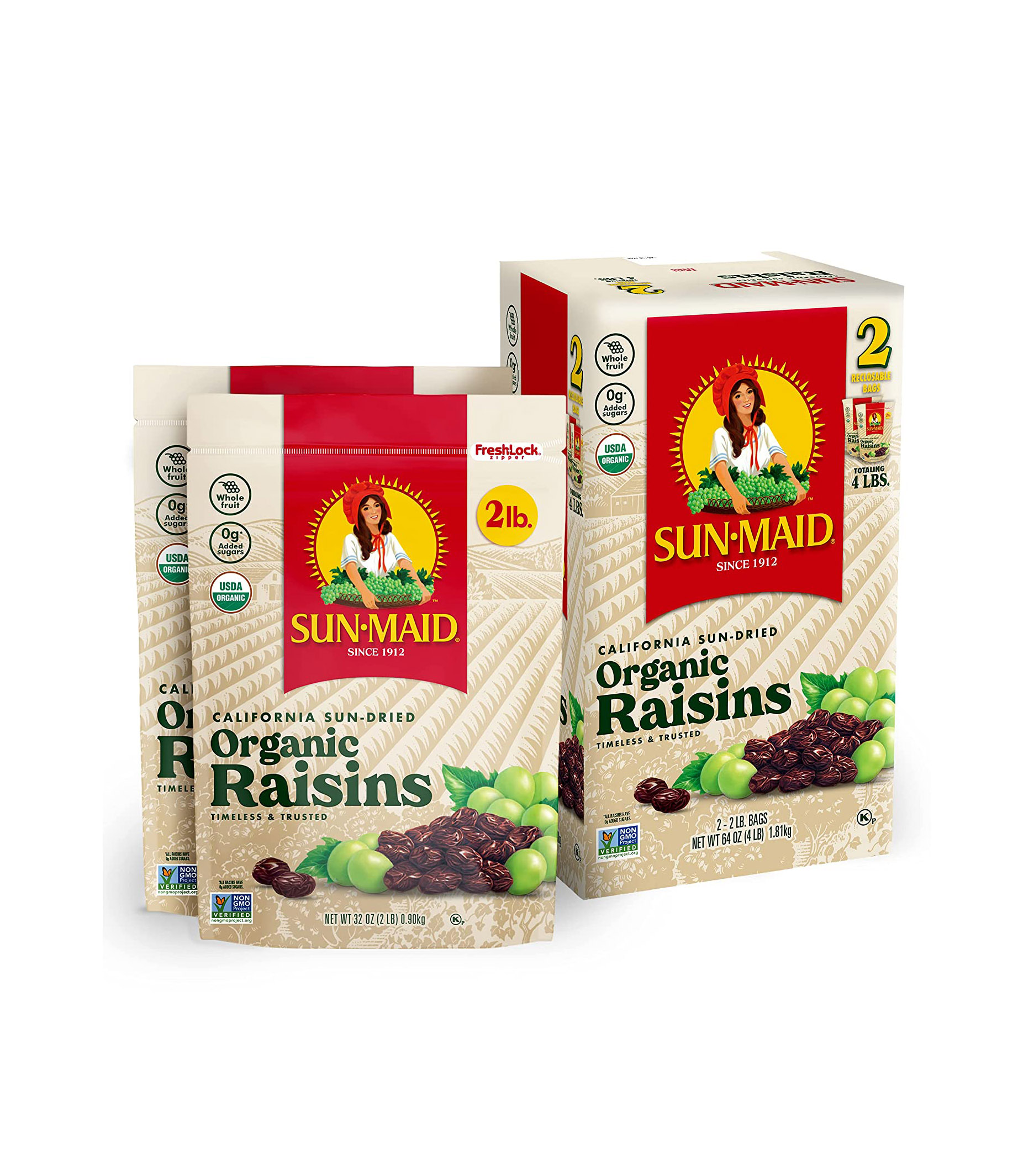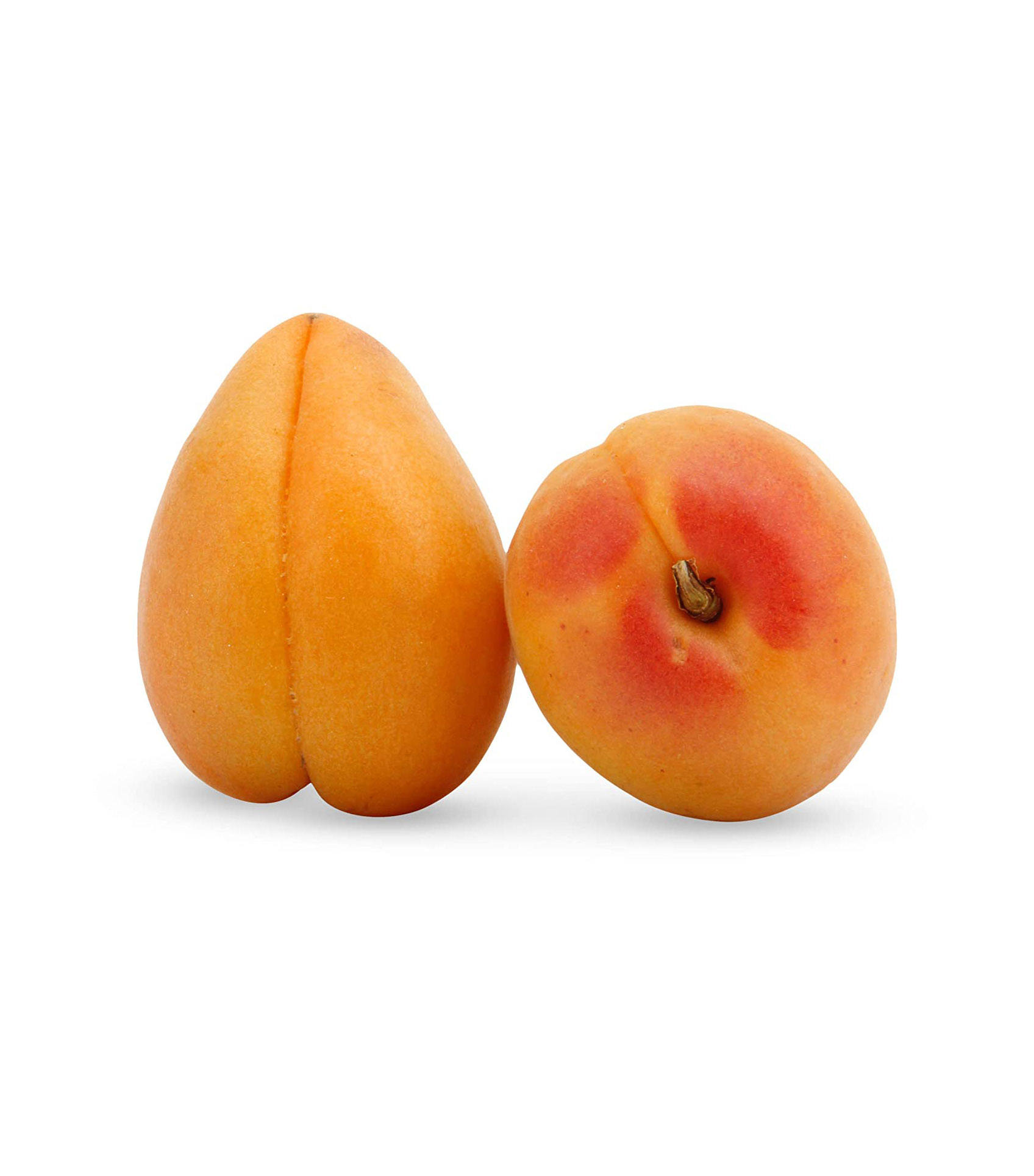Is the Alkaline Diet Overhyped? What Experts Want You to Know
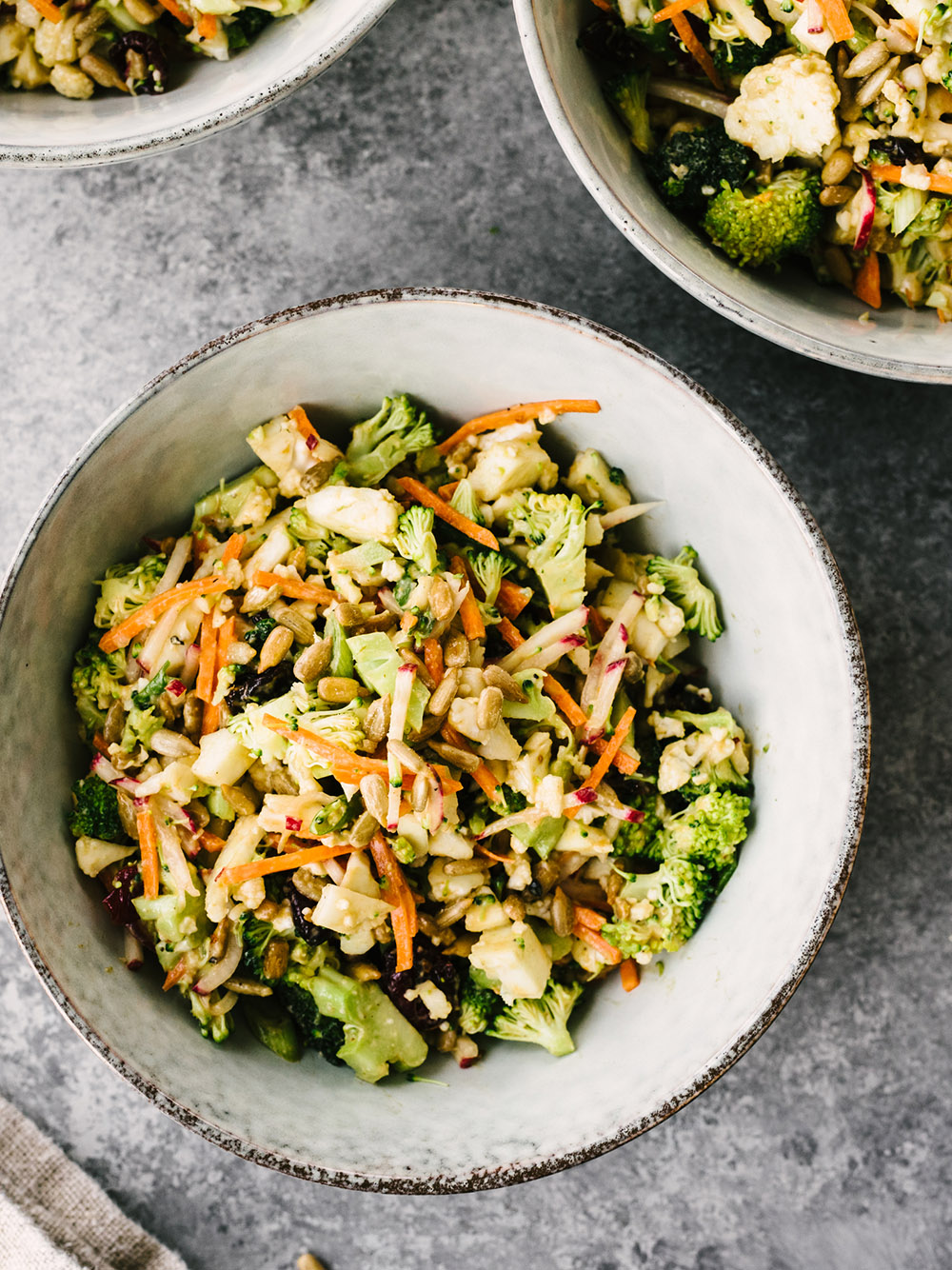
The term "alkaline" gets thrown around a lot in the wellness world, but for those who aren't too familiar with it, it can be a bit of a mystery. You might have heard of alkaline water or drinks—I know I have—and just assumed it was good for you without giving a second thought to what it actually meant. For me, I just assumed alkaline water had more minerals and vitamins than regular water.
Well, it turns out there's a lot more to the term "alkaline." It all starts with pH levels. Amanda Holtzer, MS, RD, a dietitian at Culina Health, says that by definition, the term alkaline means having the properties of an alkali metal and having a pH greater than 7. "A little bit of background here—all living organisms have a pH level, and require a certain pH level to survive," Holtzer says. "It must be at a pH of 7.35-7.45 to survive. The kidneys and lungs work very hard to maintain this pH level. Certain parts of the body are more acidic than others, while certain areas are more basic. For example, the stomach is highly acidic, with a pH of about 1.35-3.5. The stomach must be this acidic in order to aid in digestion. However, the thin layer outside the stomach, just outside the epithelium, is extremely basic—the purpose of this is to prevent injury or perforation of the gastric mucosal lining."
Nisha Chellam, MD, a doctor at Parsley Health, explains that humans' diets have been impacted by agriculture over time as opposed to the hunting and gathering times of harvesting our food in the wild—and that has changed acidity levels. "As such our diets have shown a decrease in minerals like potassium (K) compared to sodium (Na) and an increase in chloride compared to bicarbonate found in the modern diet," she says. "The ratio of potassium to sodium has reversed. The food of our ancestors was that for every 10 parts of potassium there was one part sodium. Today we are at one part potassium for every three of sodium, meaning that we are salt heavy. We also believe our diets are poor in magnesium and potassium as well as fiber and rich in saturated fat, simple sugars, sodium, and chloride as compared to the pre-agricultural period. This results in a diet that may theoretically induce metabolic acidosis which is not how we are wired to eat."
While our diets are more "acidic," Chellam says that it doesn't change the pH of our blood since our body has "checks and balances." For example, our kidneys take the brunt of our diet and maintain a normal pH. "This results in a change in urinary chemistry as seen with a low-carbohydrate, high-protein diet with its increased acid load that leads to the following changes: Urinary magnesium levels, urinary citrate, and pH are decreased, and urinary calcium, uric acid (a by-product of protein digestion), and phosphate are increased. All of these result in an increased risk for kidney stones."

So you might be getting from all of this that an acidic body equals "bad." And there is some truth to that. Making changes to your diet can help. There is the "alkaline diet," and the theory behind that, according to Holtzer, is that by eating certain foods, you can alter the body's pH level to be less acidic and more alkaline (aka basic).
By increasing alkalinity in the body and improving the ratio of potassium versus sodium in the body, you can help support bone density, preserve muscle mass, and may reduce your risk of chronic disease. "Most of us do better with higher fiber and nutrient-dense foods that are rich in color and in potassium, magnesium, and phosphorus," Chellam says. "It also reduces the risk of stroke and incidence of higher blood pressure as potassium is higher and sodium is lower." Chellam adds that as we age, it becomes important to have a more alkaline diet.
An alkaline diet can also help chemotherapy patients, as pH plays a significant role in chemotherapy treatment. "Certain chemotherapeutic agents, including epirubicin and adriamycin, require an alkaline setting to be more effective," Holtzer says.
The typical American diet consists of excess sodium, saturated fat, refined grains, and calories from solid fats and added sugars—which are all acid-forming. Holtzer makes a good point that if your diet mirrors this, you might require more high alkaline foods in order to combat and neutralize the excess acid.
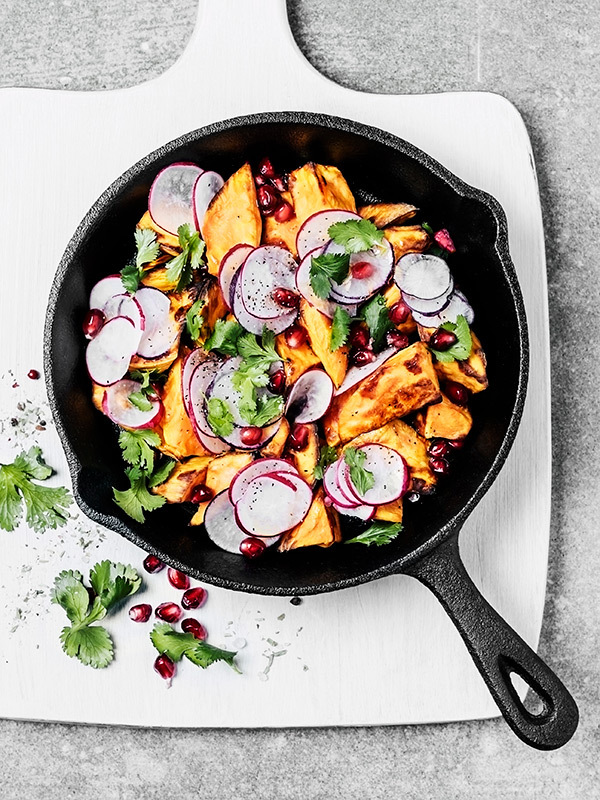
So what exactly is an alkaline diet? It's about eating foods that rank high on the pH scale, like fruits and vegetables that are considered alkaline. It's also about avoiding foods high in sodium and saturated fats (like red meat, processed sweets, high-salt foods, soda, and alcohol). "Diets that are rich in fiber, potassium, low in sodium, and higher in phosphate and bicarbonate are more useful to our health and wellness," Chellam says. It is recommended for the aging population that does not have great compensatory mechanisms with aging organs, and when undergoing treatment like chemotherapy."
It's important to keep in mind that an alkaline diet is not a cure-all fix. Holtzer says that there is no concrete evidence that the alkaline diet is a direct cause or influence on weight loss or the prevention or alleviation of disease. "However, many of the principles that the alkaline diet preaches are super conducive to great health and nutrition-related outcomes—such as increasing fruit and vegetable intake, and decreasing intake of processed foods," she says. "So, while it's not a guaranteed fix, the general principles and guidelines of the alkaline diet are very much aligned with general nutrition and dietary principles for longevity."
In short, it doesn't hurt to add some of these high alkaline foods to your diet since they're on the healthy side. Take a look at some examples of these foods below.
1. Leafy Greens
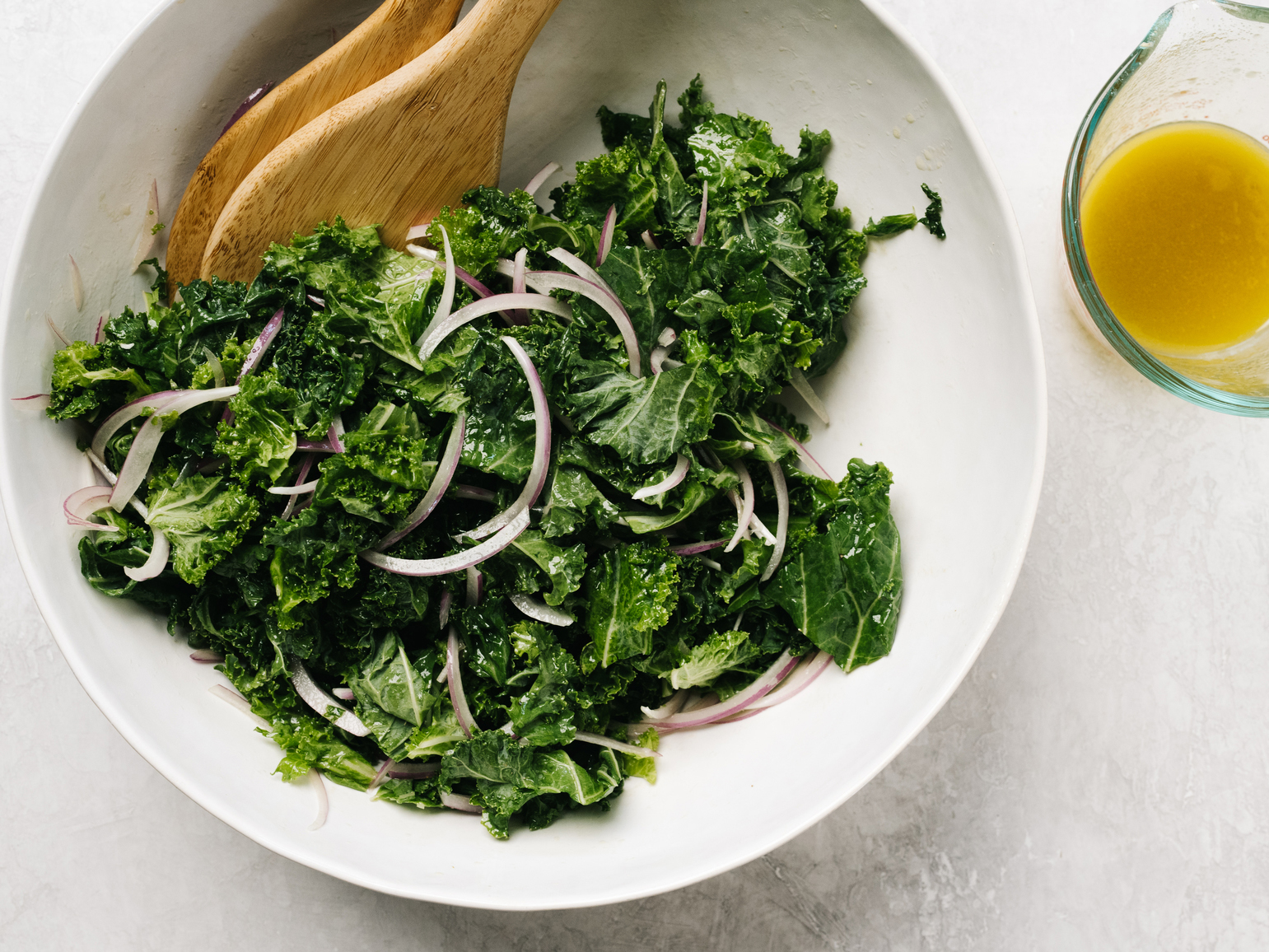
Holtzer says leafy greens (like spinach, kale, and Swiss chard) are at the top of the list of alkalizing foods. "Their high nutrient and antioxidant content is what makes them so potent and powerful," she explains. "These nutrients include amino acids, vitamins, essential fatty acids, minerals, and dietary fiber. The phyto nutraceuticals in vegetables can protect the human body from several types of chronic diseases, such as cardiovascular disease, diabetes, and certain types of cancer."
2. Cucumbers
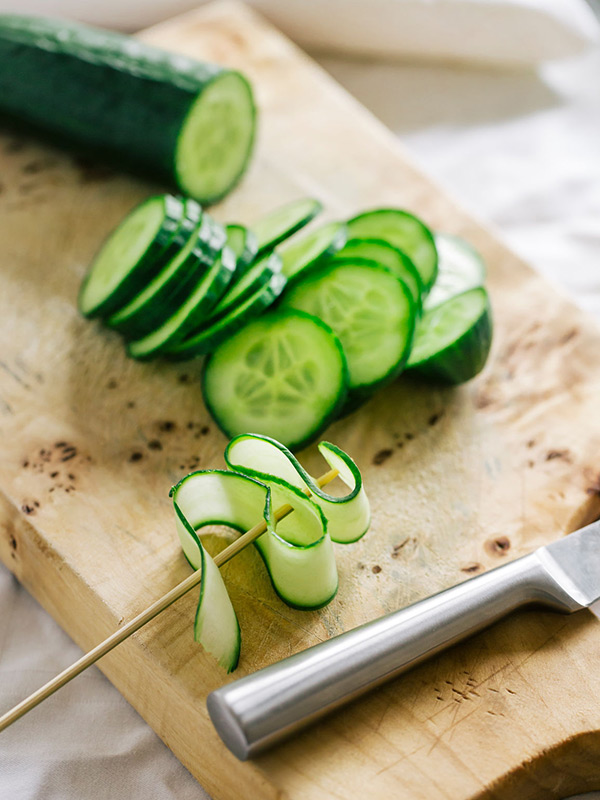
"There is a formula called Remer's formula that calculates the total acid load from a specific food," Chellam says. "The following foods have a lower acid production and the kidneys are able to filter them without too much disruption or production of acid." Cucumber is one of them.
3. Broccoli
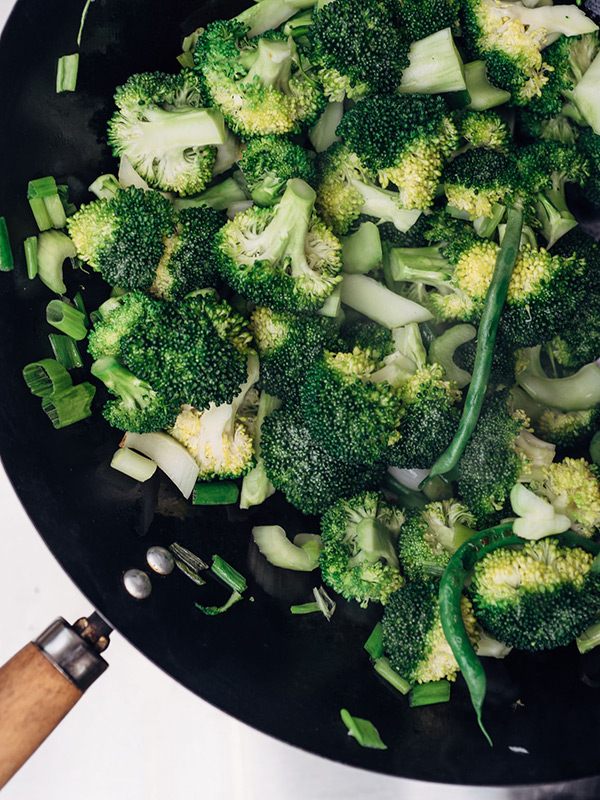
Holtzer says broccoli is rich in calcium, which is an alkalizing nutrient. In fact, all cruciferous vegetables have antioxidant and anti-inflammatory functions since they contain significant amounts of vitamins A, C, K, and folate. "It's worth noting—vegetable-based protein sources (yes, broccoli contains protein!) contain phosphorus in the phytate form, which does not have the same acidifying metabolic effect as many animal proteins," Holtzer adds. "Further, vegetable-based proteins typically contain more glutamate than their animal protein counterparts. When glutamate is metabolized, it consumes hydrogen ions, which neutralize acids. "
4. Root Vegetables
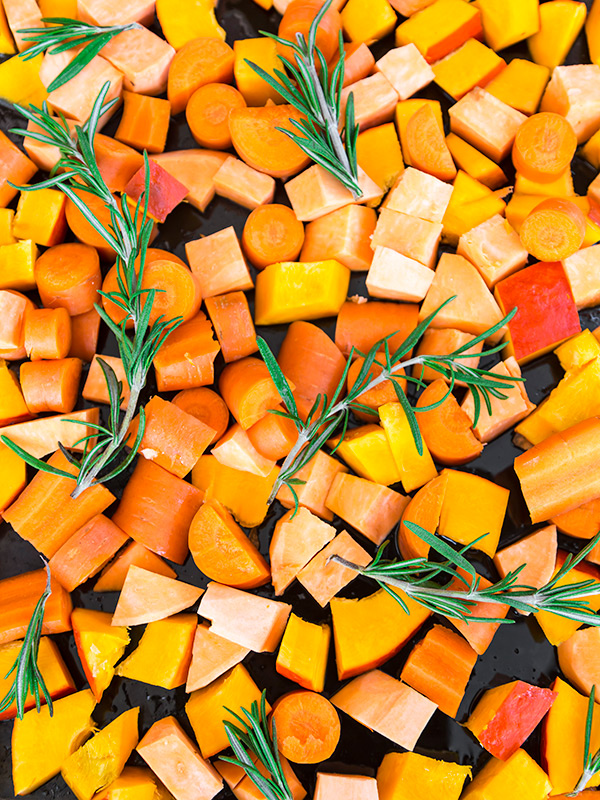
"Root vegetables like sweet potatoes, chicory, beets, and parsnips are alkaline foods," Holtzer says. "They have a high content of polyphenols, which are naturally occurring chemical compounds that have antioxidant properties. Research shows that a diet rich in polyphenols can offer protection against and/or prevention of cardiovascular disease, diabetes, neurodegenerative diseases, and certain cancers."
5. Tomatoes
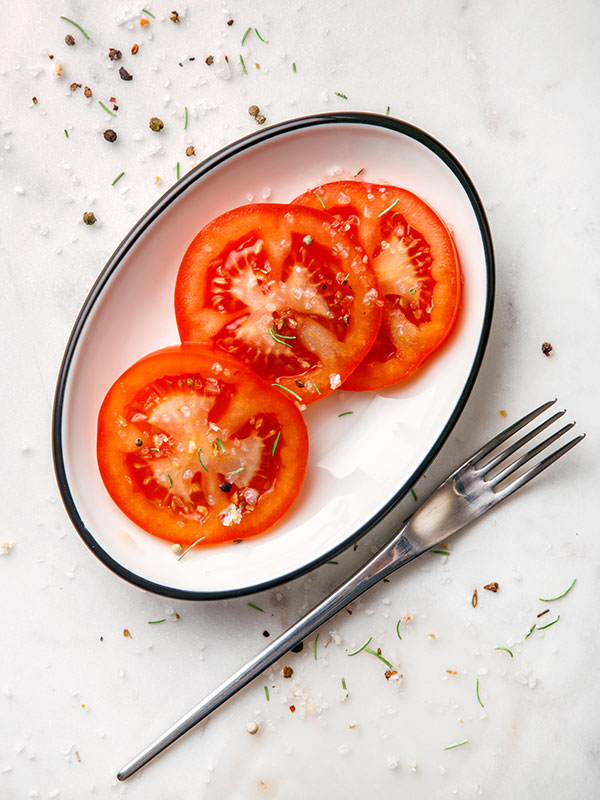
Tomatoes are another high alkaline food, according to Chellam. "In all of these [high alkaline] foods the common ingredients we look for are: Calcium, magnesium, potassium, and subtract these ingredients from the organic acids they may have and it will be negative, making them less acidic," Chellam says. "The kind of minerals they have and the amount in comparison with the organic acids and sulfur they contain gives them a more alkaline effect."
6. Celery
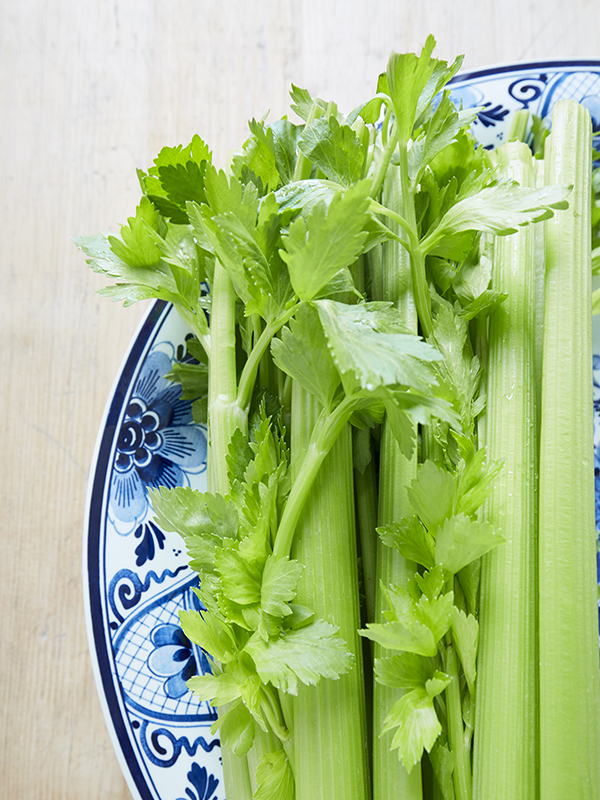
Chellam says celery is another alkaline food—it's also rich in antioxidants and has anti-inflammatory properties.
7. Citrus Fruits
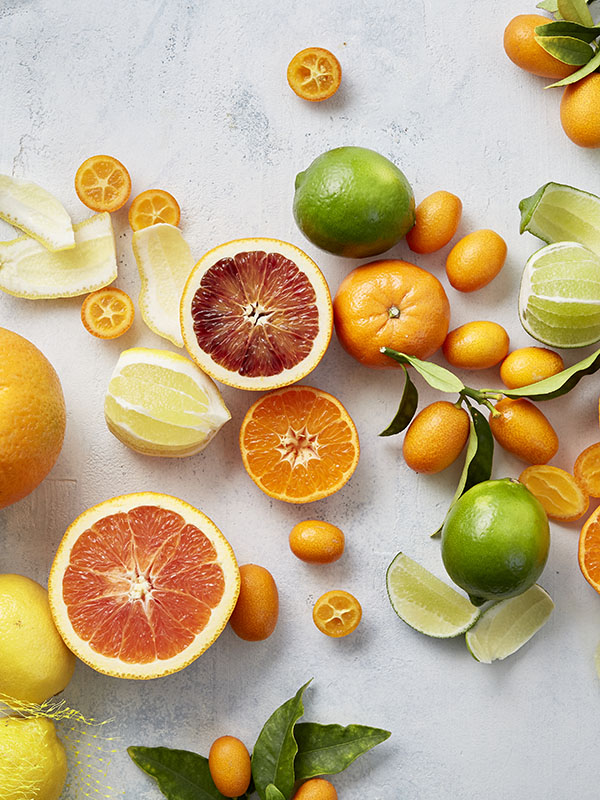
"I know what you're thinking—citrus fruits are acidic, aren't they?" Holtzer says. "Yes, on their own, before they are ingested, they are acidic. However, when we ingest and digest them, citrus fruits are actually alkaline foods. Their high vitamin C content gives them antioxidant properties, which help to fight free radicals and provide relief from symptoms of high acidity, including heartburn and indigestion."
8. Apples
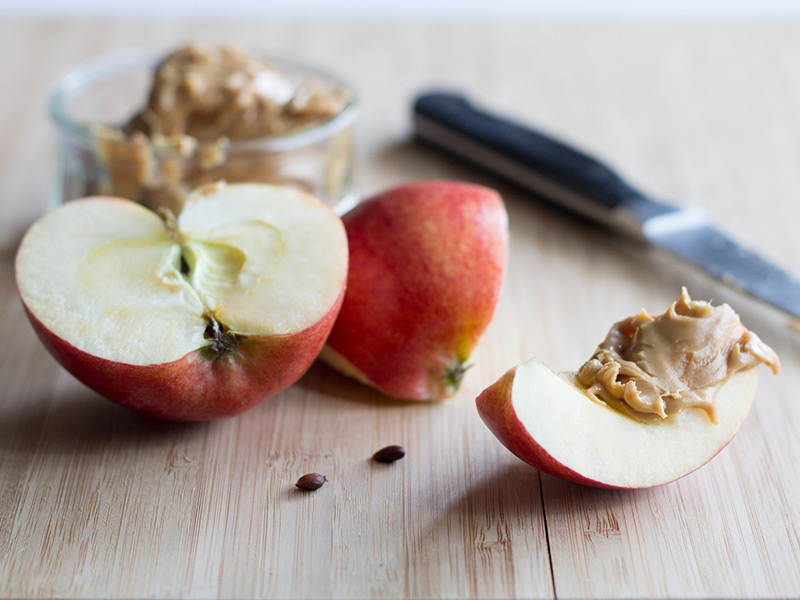
Apples are alkalizing, too, Chellam says. They're a good source of fiber, phytochemicals (some of which are rich in flavonoids), and vitamin C.
9. Cantaloupe
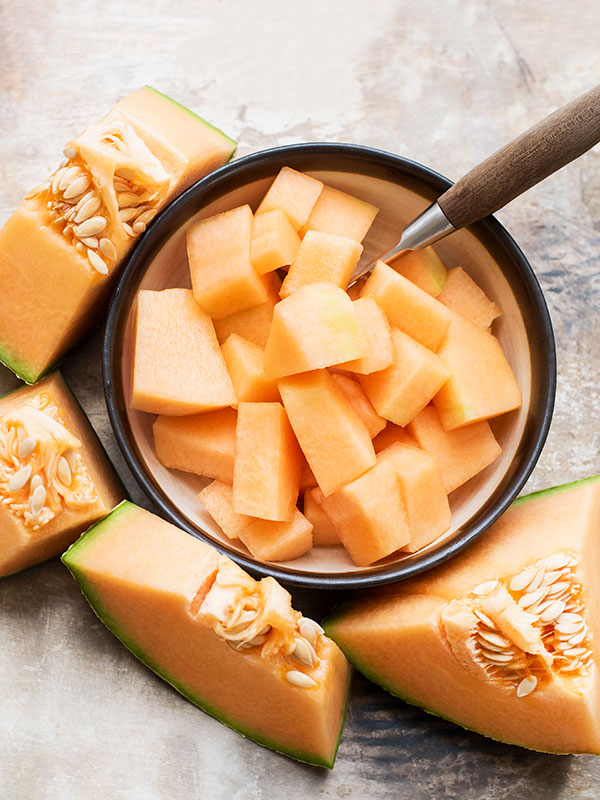
"Cantaloupe is a high alkaline fruit. Its pH ranges from 6.17-7.13," Holtzer explains. "It is super rich in antioxidants, including lutein, choline, beta carotene, and selenium. Cantaloupe is also a great source of fiber, potassium, magnesium, and phosphorus."
10. Raisins
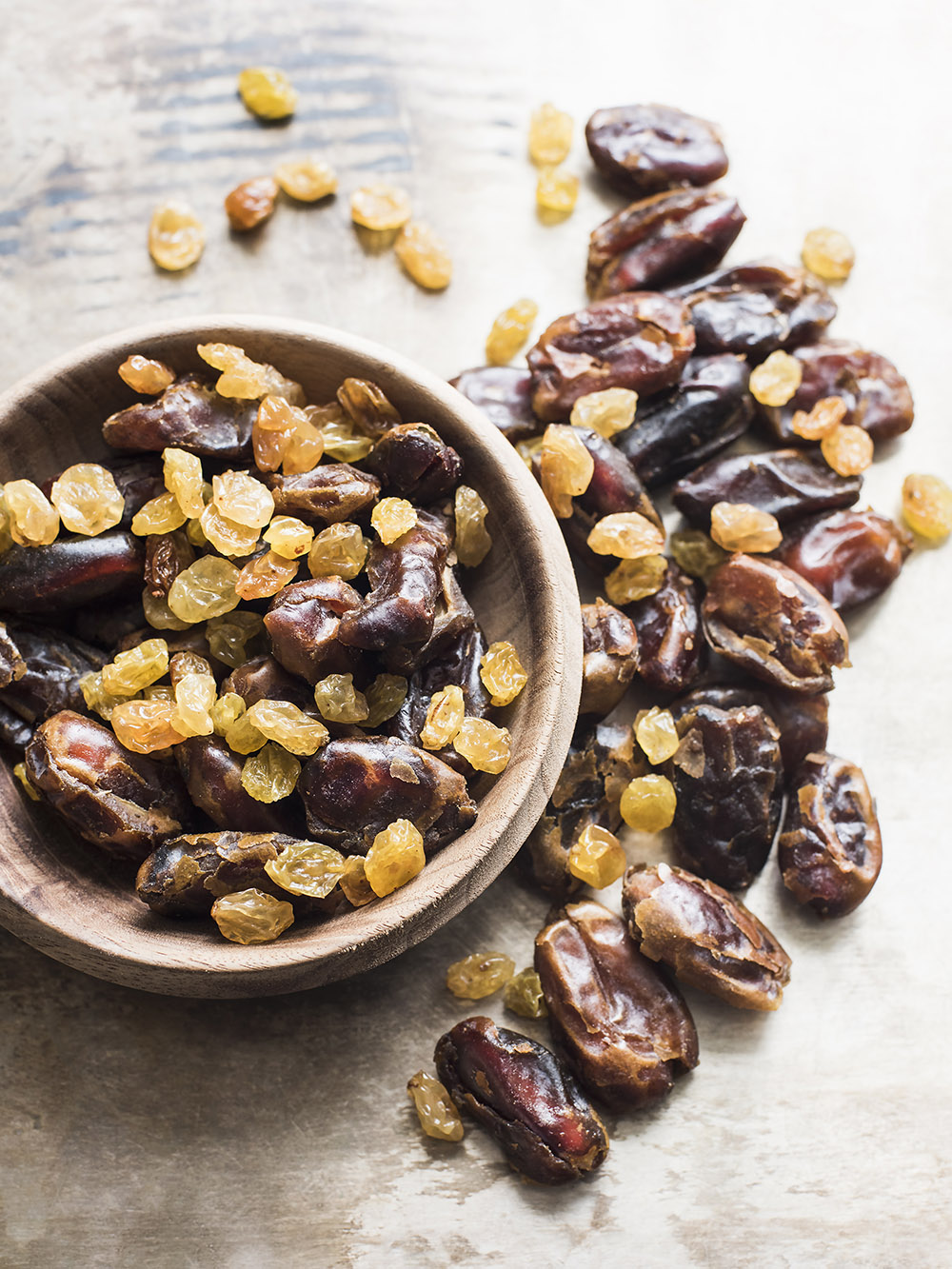
Magdalena Niemczyk/ElanArt/Getty Images
Of all the alkalizing fruits, raisins are the highest, according to Chellam.
11. Apricots
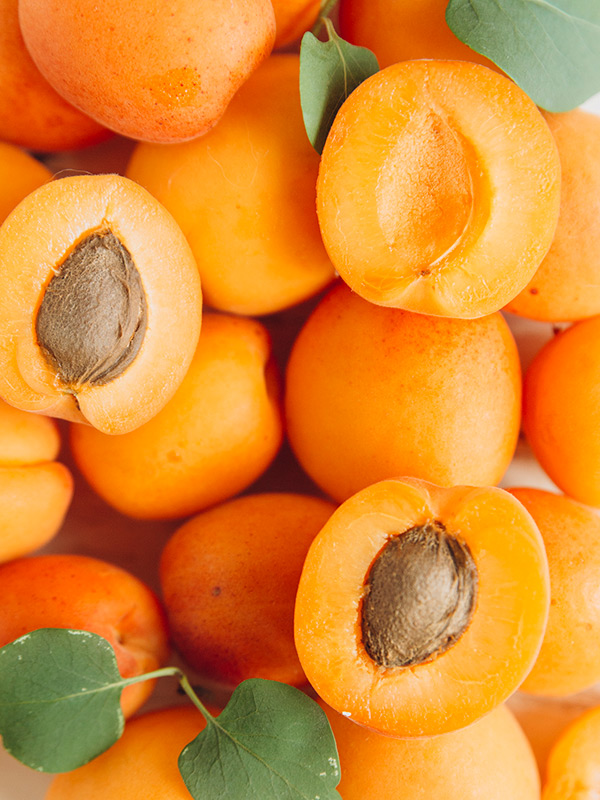
Add apricots to your diet for alkaline benefits, too, Chellam suggests.
Next, The 4 Worst Things You Can Do for Gut Health, According to an Expert
This article is provided for informational purposes only and is not intended to be used in the place of advice of your physician or other medical professionals. You should always consult with your doctor or healthcare provider first with any health-related questions.
Sarah is lifestyle writer and editor with over 10 years of experience covering health and wellness, interior design, food, beauty, and tech. Born and raised in Los Angeles, she attended New York University and lived in New York for 12 years before returning to L.A. in 2019. In addition to her work atBest Knockoff Luxury Clothing , she held editor roles at Apartment Therapy, Real Simple, House Beautiful, Elle Decor, and The Bump (sister site of The Knot). She has a passion for health and wellness, but she especially loves writing about mental health. Her self-care routine consists of five things: a good workout, “me” time on the regular, an intriguing book/podcast/playlist to unwind after a long day, naps, and decorating her home.
